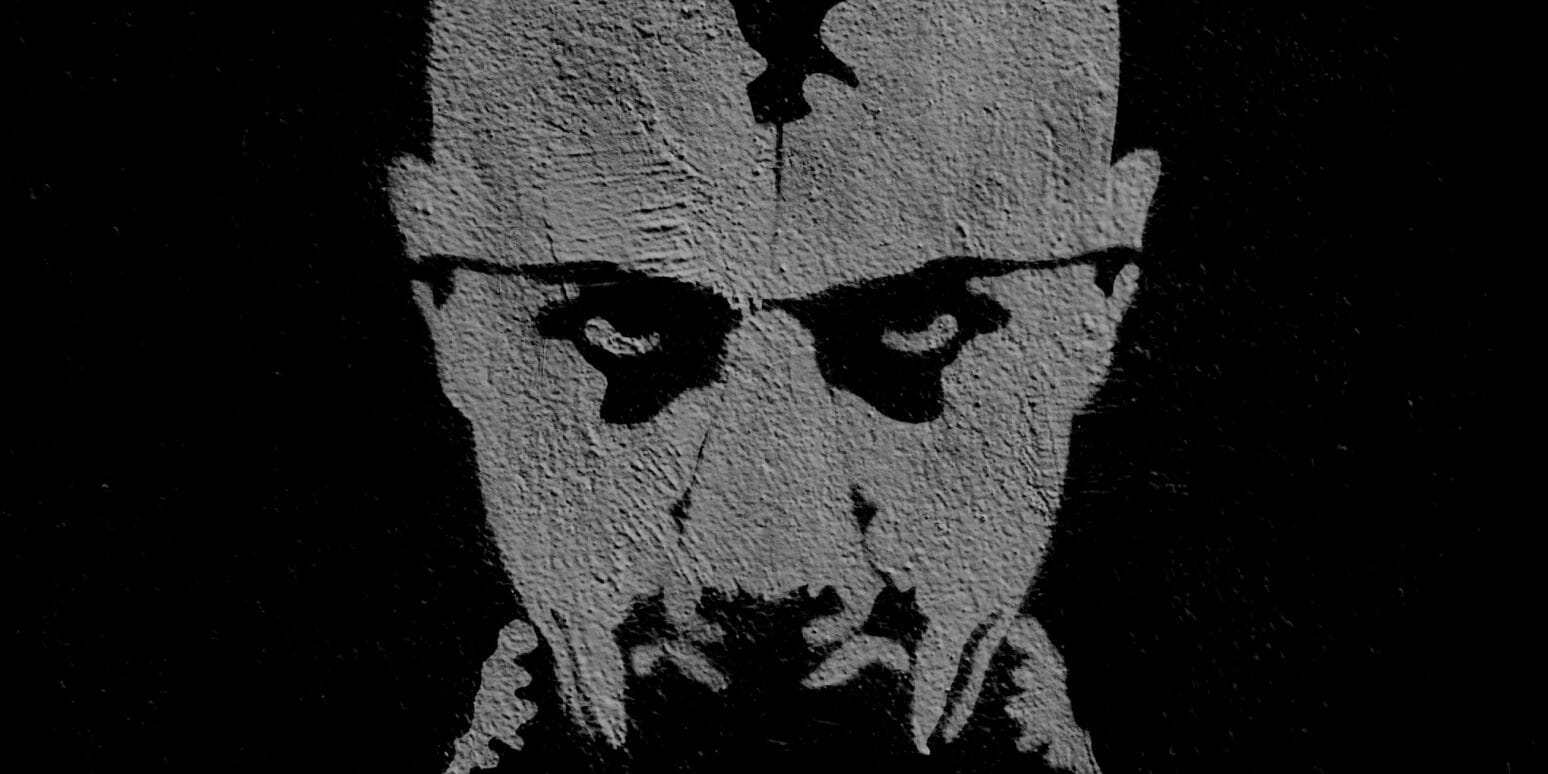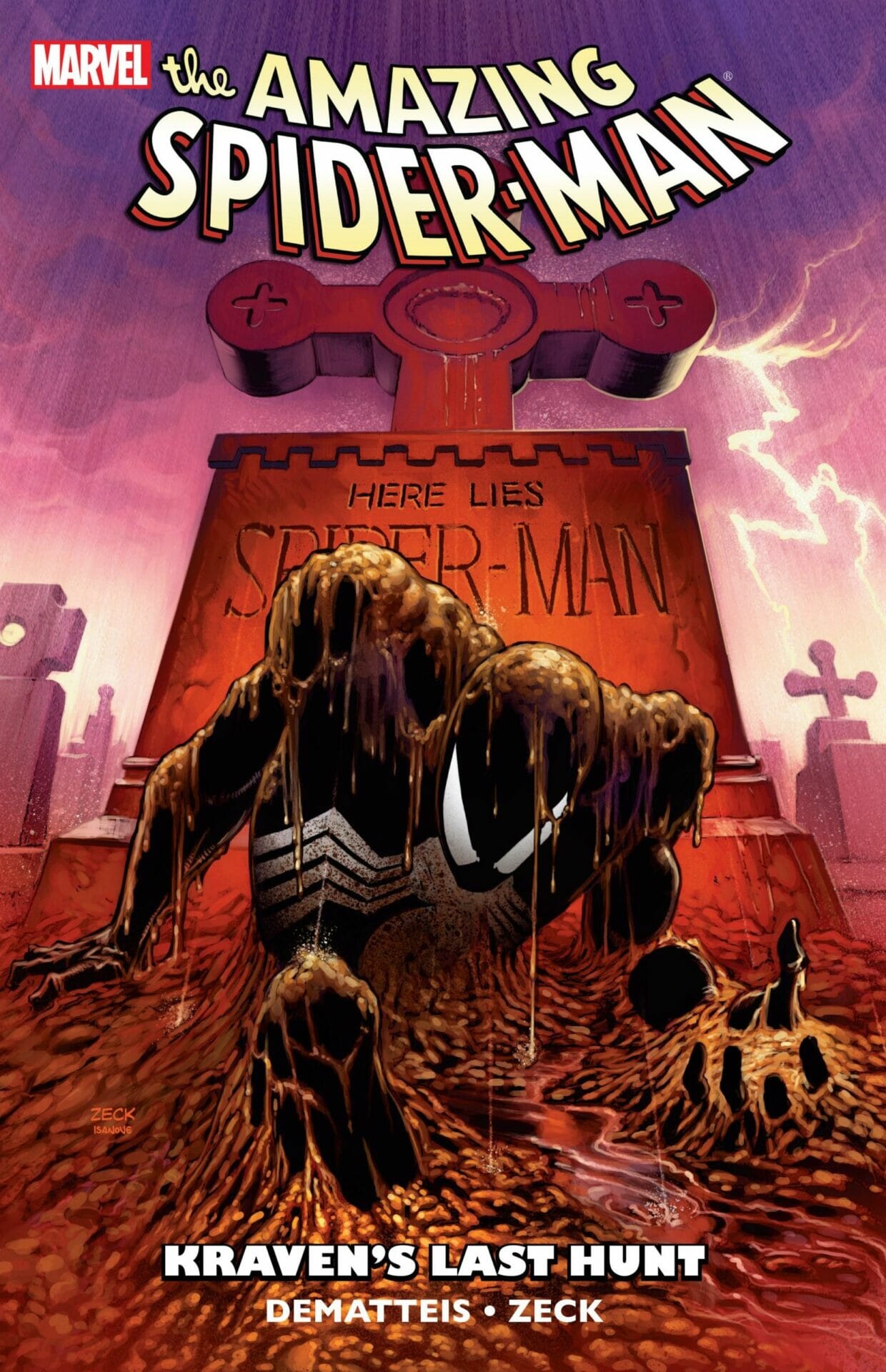
Kraven's Last Hunt | The double nature of the Hero
Year
Format
By
Spyder! Spyder! burning bright in the forests of the night, what immortal hand or eye could frame thy fearful symmetry?
This verse is recurrent in the Spider-Man miniseries Kraven’s Last Hunt. It comes directly from the poem The Tyger, written by William Blake. The author John Marc DeMatteis replaced Tyger with Spyder, but the meaning remains unchanged. It expresses the concept of duality, whether it is in the double nature of an individual, that between man and beast, or between how two (or more) characters interpret the same idea. In this case, it refers to the figure of the hero, and, specifically, how Spider-Man embodies it.
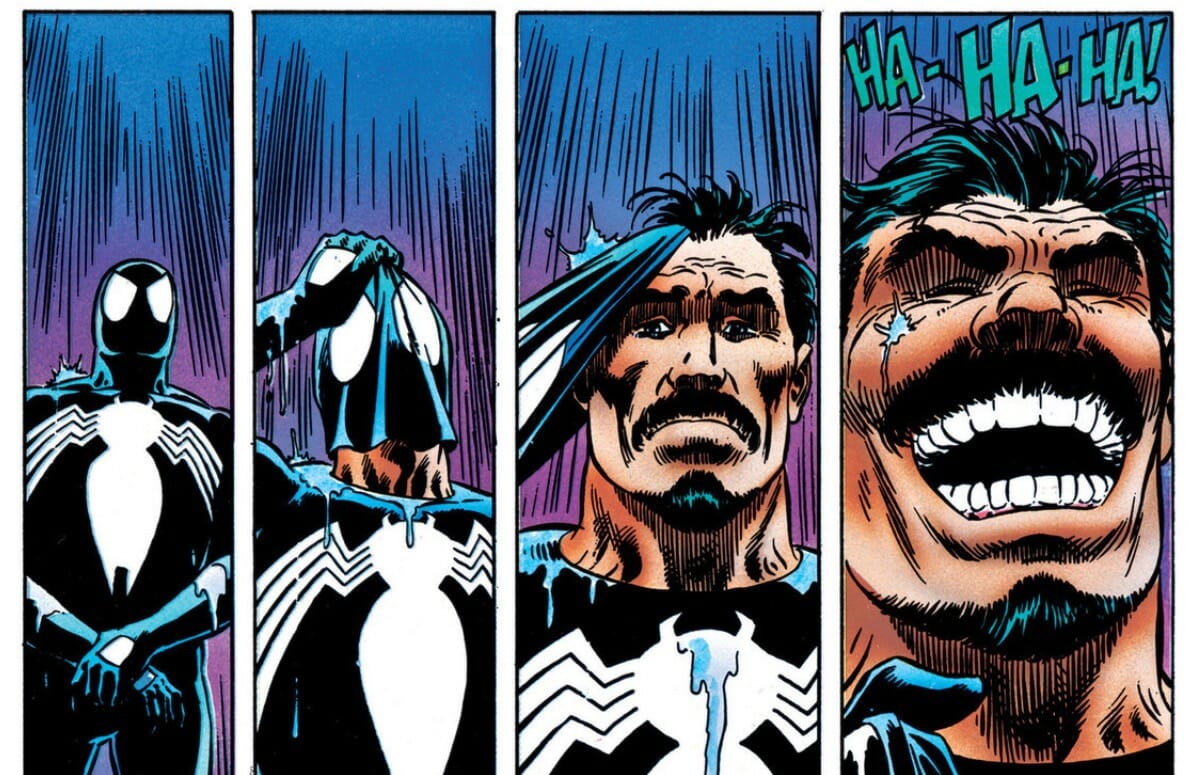
Spyder, Spyder…
Kraven’s Last Hunt is about Kraven The Hunter, who wants once and for all to achieve his goal: to be superior to Spider-Man, his eternal enemy. And that doesn’t just mean defeating him, but becoming Spider-Man himself and proving that he’s better than him in his own field. For this reason, he drugs Peter Parker and buries him alive, taking over his identity. The best way to prove his point is to defeat Vermin, the cannibal man-animal of the sewers, whom Spider-Man was able to defeat only with the help of Captain America.
Kraven’s mental and existential problems are immediately exposed right from the start: he reflects on his life, on his parents, Russian immigrants to America, and on how his family had fallen into ruin. And, while Spider-Man himself represents the city-life, Kraven goes back to his time spent in the jungle, to re-discover his most animal and primal side.
Suffering souls
Man is sometimes extraordinarily, passionately, in love with suffering, and that is a fact.
Fyodor Dostoevsky
When DeMatteis started to work Kraven’s Last Hunt, he hadn’t thought about Kraven for the role of the villain/protagonist. But then he came across his biography and got interested in him for a very specific reason: Kraven was Russian. DeMatteis, after all, has always found the Russian writer Fyodor Dostoevsky fascinating. As he says in his blog, especially in the novels Crime and Punishment and The Brothers Karamozov, Dostoevsky manages to “explore the duality of existence” like no other novelist.
DeMatteis always adds that all the rejections received before the development of this story were necessary for the story itself. This is because, at the time of writing, he himself was experiencing inner discomfort and personal issues. This allowed him to identify even more with the characters, giving “the writing such urgency and emotional honesty”.
All the characters feel intrinsic suffering, as a matter of fact. Kraven reflects on the failure of his life as he struggles with madness, and depression, while he mourns his parents. Peter Parker feels the agony of the loss of a friend, and now perceives death like a Sword of Damocles. Mary Jane suffers from the sudden disappearance of her husband. Vermin constantly experiences fear for the surface world, battling with his own broken mind.

The double face of human nature
The concept of duality comes into play through the relationship between Kraven and Spider-Man. The Hunter thinks his experience in the wildness can benefit him in becoming the new Spider-Man, because he’s the one who understands the primal aspect of existence like no other. He wants to become The Spider. This is what he thinks the man under the mask becomes every time he swings between the buildings. Kraven does not consider Peter Parker actually human, he believes he loses his humanity in favor of the animal-like, cruel and cold spirit of the insect.
To reach the transformation, therefore, Kraven faces a psychological journey, made of diving in crates full of spiders, eating spiders and taking drugs giving him monstrous hallucinations. Within this madness, he begins to wonder what his identity has become: Sergei Kravinoff, Kraven the Hunter or the Spider.
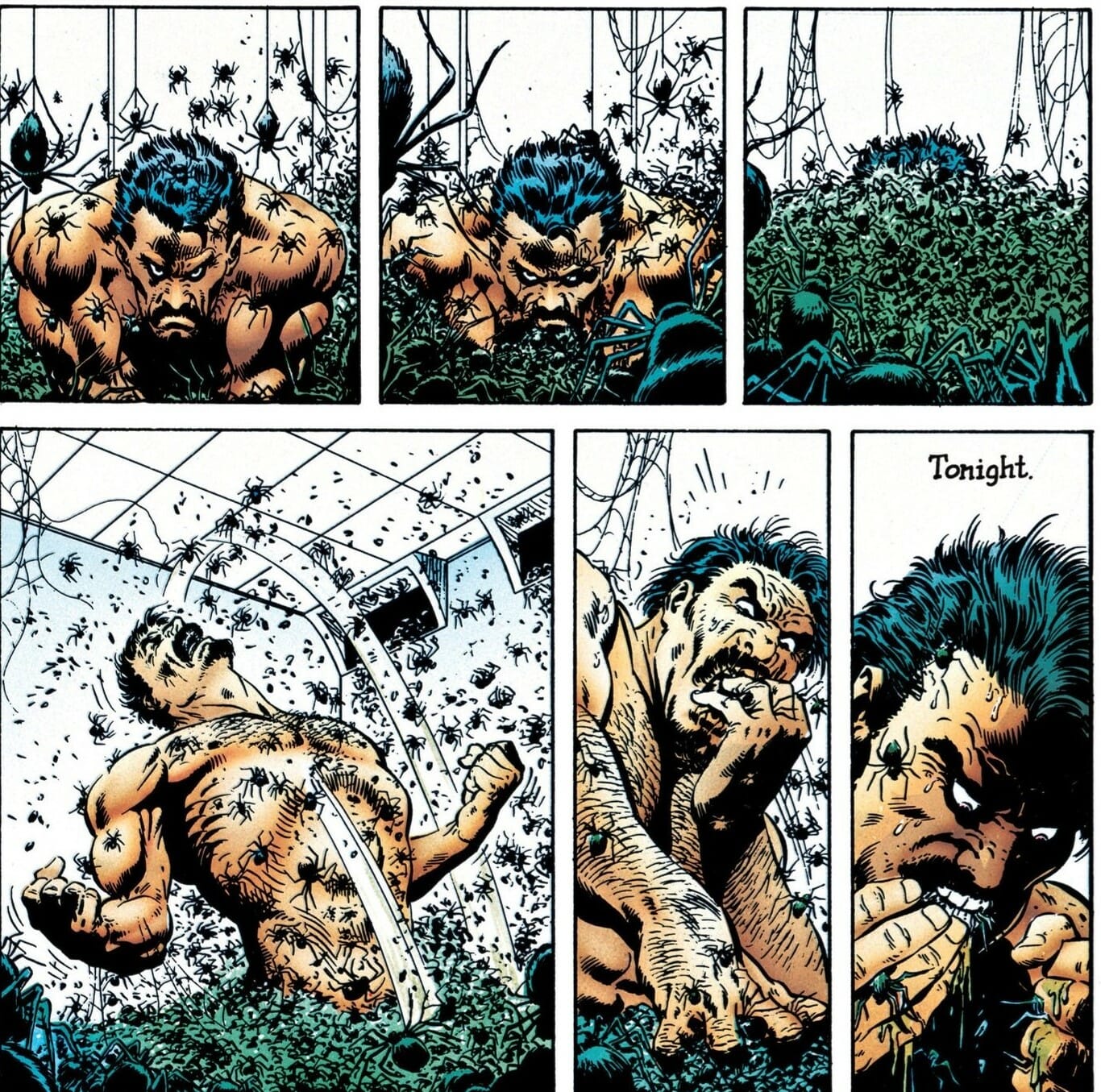
Peter Parker’s humanity
It is precisely Kraven’s altered perception of what it means to be Spider-Man that drives him to perdition. In the end, Kraven even believes that he has achieved his goal, by capturing Vermin. Of course, he never understood that the hero takes strength in his humanity, instead of being weakened by it.
It was Mary Jane’s presence, her heart and soul, that reached down into the deeps of Peter’s heart and soul, forcing him up out of that coffin, out of the grave, into the light.
J.M. DeMatteis in his own blog
The first thing he does after the ‘resurrection’ is to go home to his wife. Even though Peter Parker goes through the most disturbing challenges, he still doesn’t transform into a darker character. He remains true to himself, fear of death entailed. But he understands that fear will not overwhelm him, because he has a reason to live for: love. And that’s what makes him a man, before a spider.
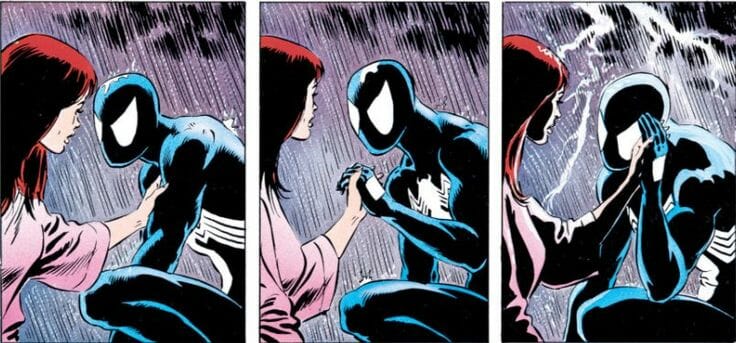
Only then does the hero reach Kraven, who welcomes him without a fight, aware of his victory, even declaring his affection. After they both act as Spiderman, Kraven thought they were also equal in spirit. But that’s not the case, and when Kraven frees Vermin, Spider-Man leaves the Hunter behind, going after the Sewer Man. Not to kill him, but to take him to whoever might heal him. Thus, while Peter Parker finally brings Vermin to justice, Kraven, left alone, commits suicide. His mind and soul, now decayed and with no more reason to live, finds no other solution.
A controversial ending
The end of the 1980s was a time when comics were entering a more mature phase, with new, more profound and adult themes, new insights into the characters, often with psychological or philosophical implications. As happened with Batman for The Killing Joke or The Dark Night Returns or for Watchmen, Marvel was also heading in that direction.
Kraven’s suicide, therefore, is what seemed to be the right conclusion, for the hunter’s narrative line. But at the time this caused some readers to accuse Marvel of glorifying the extreme gesture. DeMatteis, to avoid further speculation, has therefore written a sequel to Kraven’s Last Hunt, Soul of the Hunter. In it, Parker has to resolve the trauma of being buried alive and help Kraven’s ghost to find peace.
However, Kraven’s Last Hunt remains the primary work. A treatise on depression and fear, on the duality that lives in each of us and on what obsession and the lack of a perspective and a reason to live for could lead to.

Tag
Buy a ☕ for Hypercritic







